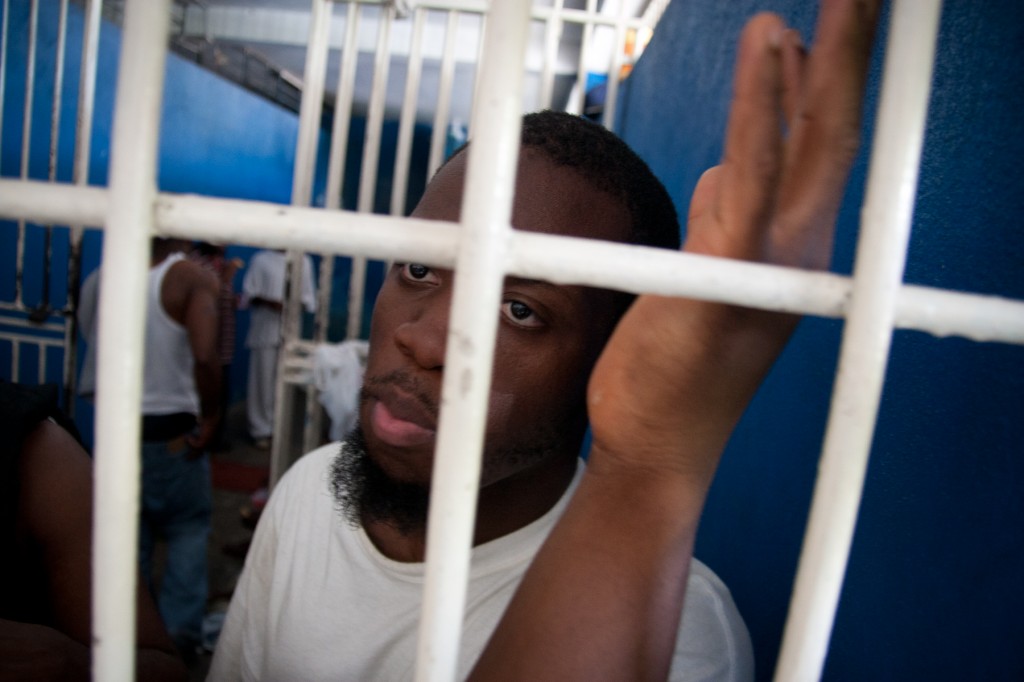PORT-AU-PRINCE, Haiti — The United States has deported more than 250 Haitians since January knowing that one in two will be jailed without charges in facilities so filthy they pose life-threatening health risks.
An investigation by the Florida Center for Investigative Reporting found that the Obama administration has not followed its own policy of seeking alternatives to deportation when there are serious medical and humanitarian concerns.
Click HERE to read the full investigation at FCIR. Versions of this story were published by California Watch, the Center for Public Integrity, Huffington Post, Miami Herald, the Nation Institue Investigative Fund, and the Wisconsin Center for Investigative Journalism, among other outlets.
Impact update: Days after my investigation revealed the Obama administration was illegally deporting immigrants to Haiti where they would be imprisoned under life-threatening conditions, the White House ordered a comprehensive review of 300,000 such deportation cases.

Longtime Fort Myers, FL resident Franco Coby looks out of the cell at the Petionville jail where he was held for seven days without charge. Coby was deported after serving a sentence for cocaine possession with intent to sell. FCIR PHOTO/JACOB KUSHNER
One deportee who arrived in April suffered from asthma, hypertension, diabetes, bipolar disorder, post-traumatic stress disorder and head trauma, among other ailments. That same month, the U.S. government deported a mentally ill immigrant whose psychiatric medications were lost by Haitian authorities after his first day in jail.
“What’s distinct about the situation in Haiti is that, unlike in other countries, people are immediately jailed, and the conditions in Haitian jails are condemned universally for violating human rights,” said Rebecca Sharpless of the University of Miami Law School Immigration Clinic, which helps immigrants appeal deportation orders.